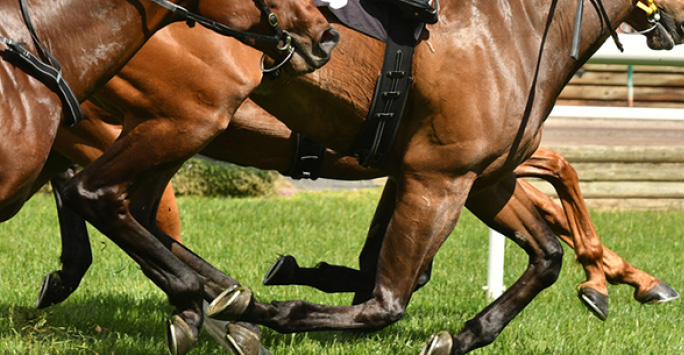ULMS PhD student celebrates first published article

Congratulations to part-time PhD student and Thoroughbred Horseracing Industries MBA (2017) alumna, Vanessa Cashmore who has successfully had her first research article accepted by the Journal of Economic Behavior & Organization, an ABS 3 publication.
With the full support of racing’s governing body, The British Horseracing Association, Vanessa’s interests focus on gender equality. For this project in particular, Vanessa alongside Neil Coster, Professor David Forrest, Professor Ian McHale and Dr Babatunde Buraimo looked into betting market efficiency and searched for any differences between male and female riders.
Their study employed 20 years of National Hunt racing data with more than 1.5 million observations to examine gender bias. Based on this data, interestingly, female jump jockeys consistently finish better than their odds would predict, indicating that the betting public underestimates women.
More surprisingly though, they found that this underestimation has increased over the last decade. With the heightened profile and increased success of female jockeys in recent years, there would be an expectation that gender equality in the horseracing industry to be improving but in fact we are seeing quite the reverse.
Commenting on her first published article, Vanessa said:
“This is my first published article so I am especially pleased to have been accepted by such a well-respected journal, particularly as I don’t have a background in economics.
“The findings of the research are clearly not good news for female jockeys as gender discrimination may well exist in other areas of the industry, hindering their ability to obtain a licence and secure rides on good horses. On the plus side though, there is some value to be found in backing female jockeys!
“Throughout the research process I had a brilliant supervisory team though who helped bring this project together. On top of my allocated supervisors I am lucky enough to have the support of Professor David Forrest and Neil Coster who have been invaluable in this research.”